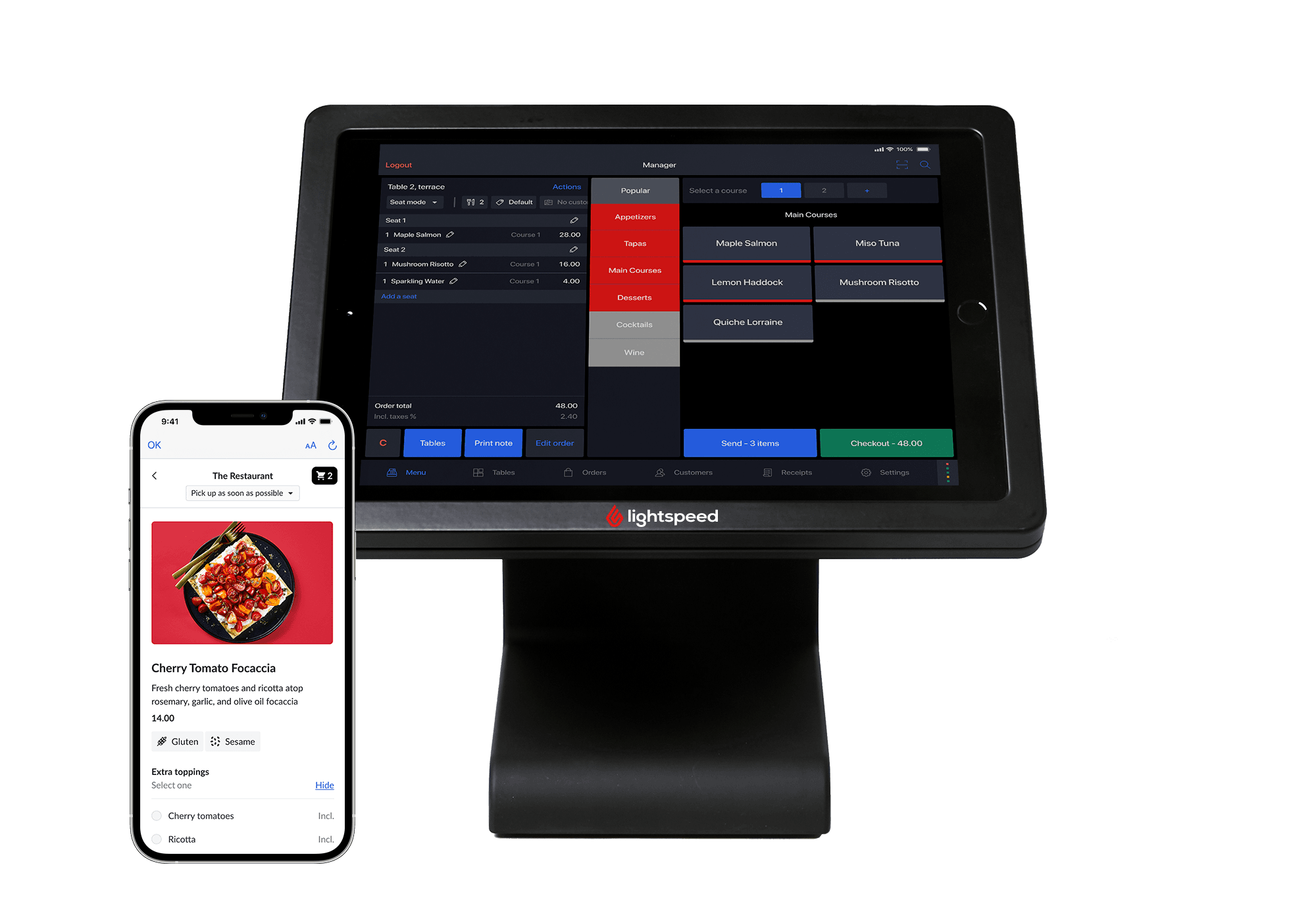In fast-paced business world, having the right resources can make all the difference in the balance of thriving and merely existing. POS systems have evolved well above old-fashioned cash registers, changing the way companies run, handle transactions, and interact with clients. As local businesses welcome modern solutions, the integration of an impactful POS system can bring about significant advancements in productivity, client satisfaction, and overall income.
The following case study investigates how a modern POS system changed the landscape for one small business, demonstrating the various benefits such systems deliver. Including streamlining operations to boosting inventory management and customer engagement, the story demonstrates that a properly selected POS system can not only meet immediate operational needs but further prepare a business for future growth and achievement. In exploring this shift, we will also cover important features of what a POS system comprises, its evolution, and crucial features to take into account when picking the best choice for your specific business needs.
Understanding Point of Sale Solutions
A POS solution is an important resource for companies of various sizes, acting as the interface between the customer and the company when a sale occurs. At its heart, a POS system streamlines the payment procedure, allowing for smooth payment processing, inventory management, and revenue tracking. Businesses can greatly improve operations by utilizing modern Point of Sale systems, which has evolved into comprehensive platforms that integrate various features to meet specific industry needs.
The progression of POS solutions has transitioned from classic cash registers to advanced cloud-based systems. Initial cash boxes were simple mechanical devices that monitored sales and transactions manually. Currently’s POS systems offer innovative features such as mobile payments, real-time stock tracking, and in-depth revenue analytics. Restaurant Point of Sales how businesses can adjust to shifting consumer demands while improving operational efficiency.
For companies looking to remain competitive, grasping the advantages and features of a contemporary Point of Sale system is essential. These solutions not just facilitate transactions but also empower companies to collect data through information analytics, improve customer satisfaction, and work seamlessly with additional business software. By adopting the most recent developments in Point of Sale systems, entrepreneurs can make informed choices that drive growth and simplify operations.
Benefits of Current POS Solutions
Contemporary POS systems offer a flexible suite of features that considerably enhance business operations. One of the key advantages is the ability to streamline transactions, resulting in quicker checkouts and shortened wait times for customers. This streamlining not only boosts customer satisfaction but also allows businesses to serve additional clients in a diminished period. Moreover, integrated inventory management features enable business owners to monitor stock levels in real-time, preventing overstocking or shortages and maximizing inventory turnover.

Another important benefit is the access to critical data analytics. Modern POS systems gather and evaluate data on sales trends, customer preferences, and employee performance. This information empowers business owners to make knowledgeable strategic decisions, adapt marketing campaigns, and adjust product offerings based on customer behavior. By leveraging best pos system for restaurant , businesses can enhance their competitive edge and respond more dynamically to market demands.
Security and compliance are also major benefits of modern POS solutions. With cutting-edge encryption and security protocols in place, current systems protect sensitive customer data and minimize the risk of fraud. Regulatory features that align with industry regulations, such as PCI compliance, ensure that businesses not only safeguard their information but also foster trust with their customers. Regular updates and security patches keep these systems secure against cyber threats, helping businesses maintain a safe operational environment.
Safeguarding and Conformity in Point of Sale Systems
Guaranteeing the safety of a point of sale system is crucial for any business that processes payment information. With the increasing prevalence of cyber threats, companies must put in place effective security measures to safeguard confidential customer data. Encoding of transaction data, safe verification processes, and strict access controls are essential components of a secure POS system. Additionally, regular evaluations and updates help safeguard against emerging vulnerabilities and maintain compliance with industry standards.
Compliance with regulations such as PCI DSS is essential in keeping a secure POS environment. Payment Card Industry compliance sets the guidelines for organizations to handle customer data safely and helps reduce the risks of information leaks. Companies must remain aware about regulatory obligations and frequently audit their systems and processes to confirm they satisfy these standards. Failure to follow not only places organizations to threats but can also lead to heavy fines and reputational damage.
Another important factor of POS security is workforce education. Even with the most sophisticated tech, mistakes made by staff can cause incidents. Training employees on correct management of transaction data, identifying fraudulent communications, and using the POS system safely can greatly decrease the likelihood of breaches. By cultivating a security-conscious culture within the company, businesses can enhance their complete security stance and protect both their customers and themselves from possible threats.
